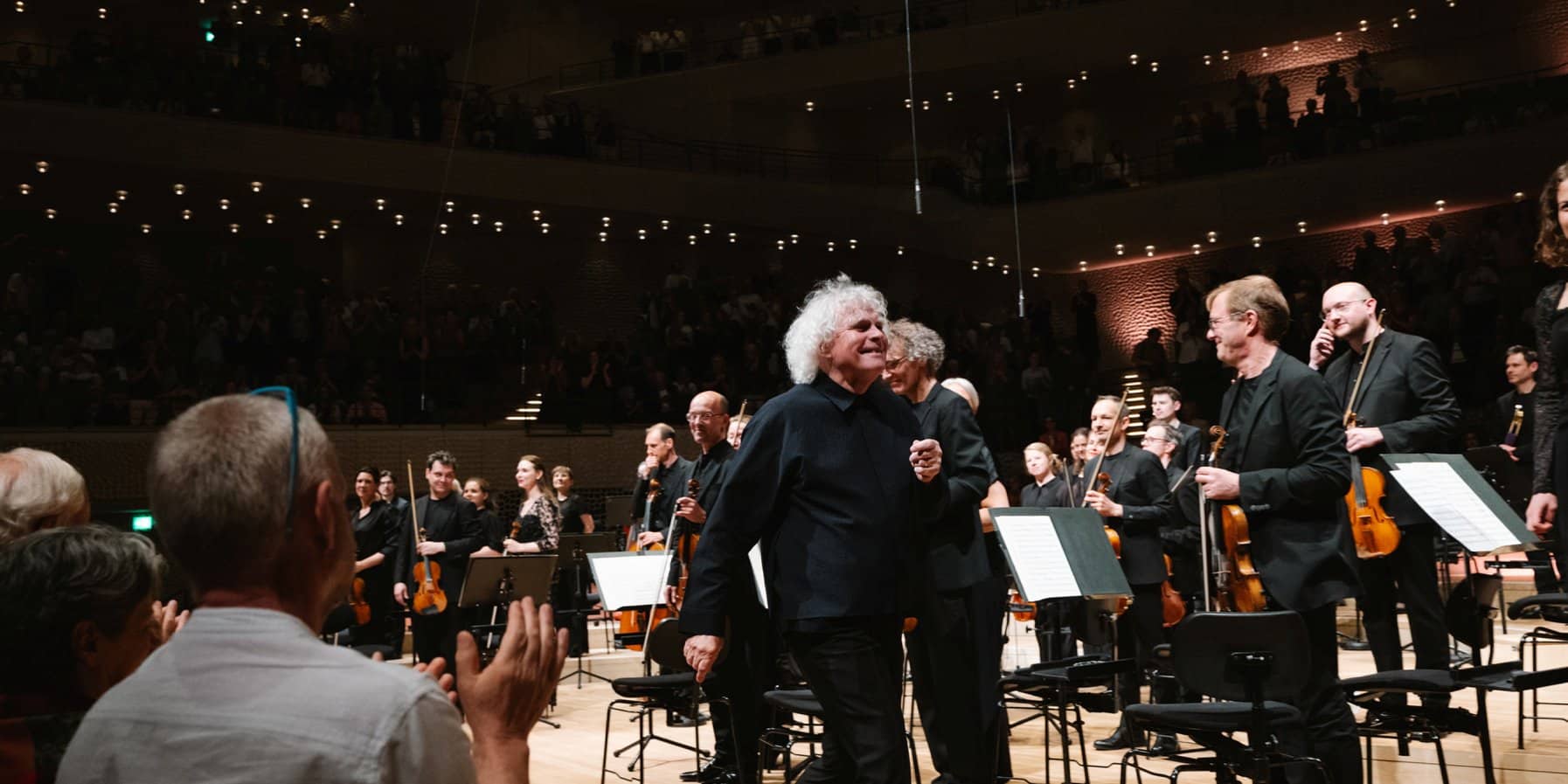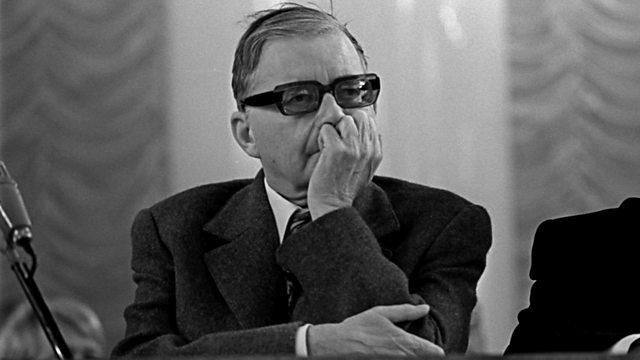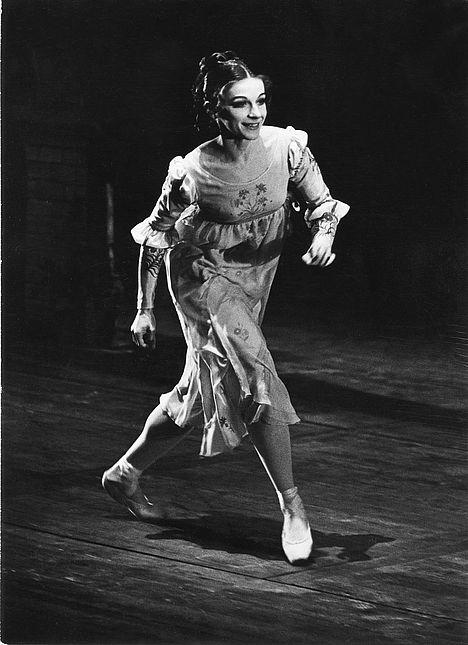Just in: Time Out scraps classical music
mainJonathan Lennie, classical music editor of Time Out (the original London brand), has been telling friends today that, as of next week, the magazine will have neither a classical editor nor a classical section. Classical music is, apparently, no longer considered part of the London entertainment scene. Here’s what Jonathan writes:
I just wanted to let you know that from next Friday, Time Out will no longer have a Classical section, nor, indeed, a Classical Editor! Yes, I’m afraid venture capitalism has taken control of the company and ‘restructuring’ is underway.
Sign of the times? Not for classical music, perhaps, but certainly for its place in disintegrating print media.






Booo!
Shocking, sad and hard to understand
Sad, not shocking and easy to understand.
Time Out: dead to me.
That is awful. I am not buying it ever again.
@JMW – it appears you don’t buy it anyway. Time Out London has been free since September 2012.
To be honest I haven’t read Time Out in in a few years and their classical music section (at least in the Time Out U.S. editions) was always terrible. Can’t say that I’ll miss it
Just to be clear, the above comment is not by this JMW.
Well, Time Out may in future include some opera and classical music in its Music section, instead of in its current ghetto. This has always been the case with Theatre, Art and Film, where classical arts have always had to stand their ground with the rest of the field in Time Out.
“Classical music is now a special taste, like the Greek language or pre-Columbian archeology, not a common culture of reciprocal communication and psychological shorthand.” — Allan Bloom
Nice quote. I must say I also really enjoy your YouTube channel. What an interesting collection of almost forgotten but very worthy composers from a few decades ago. Rayner Brown, Charles Griffes, Sharon Davis, William Mayer, Rudolf Kelterborn, Janos Komives, William Bergsma, Othmar Schoeck, Valentino Bucchi. And many from old LPs no doubt no longer available. Thanks! It amazes that so many very competent composers become so quickly forgotten.
Well that’s nonsense – otherwise why would John Williams’s scores for Indiana Jones and Star Wars be so popular?
“Classical music is now a special taste…not a common culture of reciprocal communication and psychological shorthand.” Nonsense – otherwise how is one to explain the lingua franca not only widely understood but loved around the world represented by the film scores of John Williams (Indiana Jones, Star Wars etc.).
The disintegration of the culture began many years ago. I remember the days when Time magazine (USA) or Newsweek would feature classical artists on its covers and do feature stories and regularly cover classics. One just took it for granted that they would exercise journalistic responsibility and comprehensiveness. Now, nothing. Part of this is the result of former counter-culture “hippies” of the sixties and early seventies having become tenured professors and primary and secondary education administrators and teachers for whom classical music is considered “elitist” and unprogressive, the product of irrelevant DWEMs (Dead White European Males). We reap what we sow.
That’s very incisive, Brian. Also a strong force in it is the general movement towards quick, easy. lazy gratiation and fame that has taken root since a bout 1990. Such things as reality TV shows, Pop Idol, even the lotteries. The ethos of rights without responsibilities, the compensation culture all goes towards creating a race of culture-devoid people: classical music being something that takes an element of self-sacrifice, effort, imagination (even as a listener) is one of the first things to fall victim in a selfish, hedonistic and impatient youth. It’s just ‘too difficult’, and not sexy enough (ironic, with all the sex scandals being unearthed).
And the hits just keep on coming.
Commenters above are spot on – boo, and never buy them again. And Norman, for once :), is also right: Says more about print media than classical music! Desperate times for THEM!
You don’t need to buy it. It’s free.
It doesn’t say anything about print media, either, as such. print media reflects the views of its readers, so it does perhaps say something about how the readers of TO see classical music, but that’s about the sum of it.
Time out for time out. Sign of the times, anything that demands some really serious thought and depth is not valued. Just a quick thrill is all people want.
So does that mean that there will no longer be classical music related articles and reviews in Time Out London, but classical concert dates will still be listed, or will there be no information about classical events at all?
Worth asking them directly (can’t find an email address on site, but there are phone numbers under ‘Contact Us’ and you can Tweet or FB them). You can make it clear, if you so wish, that if classical is to be erased completely, so will your readership be.
I rather doubt that’s true. I can’t see them getting rid of something if they believed that would lead to a lack of readers.
You rather doubt what’s true exactly?
Well they can f**k off as far as I am concerned, if they are not interested in my interests, then I am not interested in them…
The last time I bought a Time Out for London, it was very light on its classical music listings (and that was during The Proms). However, disappointing indeed, as it is the sort of information one needs when visiting.
Very sad, but not a surprise. I used to be a subscriber, but stopped last year after it became a freesheet. Since then, classical music coverage has been skimpy, and coverage of all but the most popular theatre has vanished too.
If anyone feels like commenting direct, they are being delightfully obfuscatory on their Twitter page for music – @TimeOutMusic